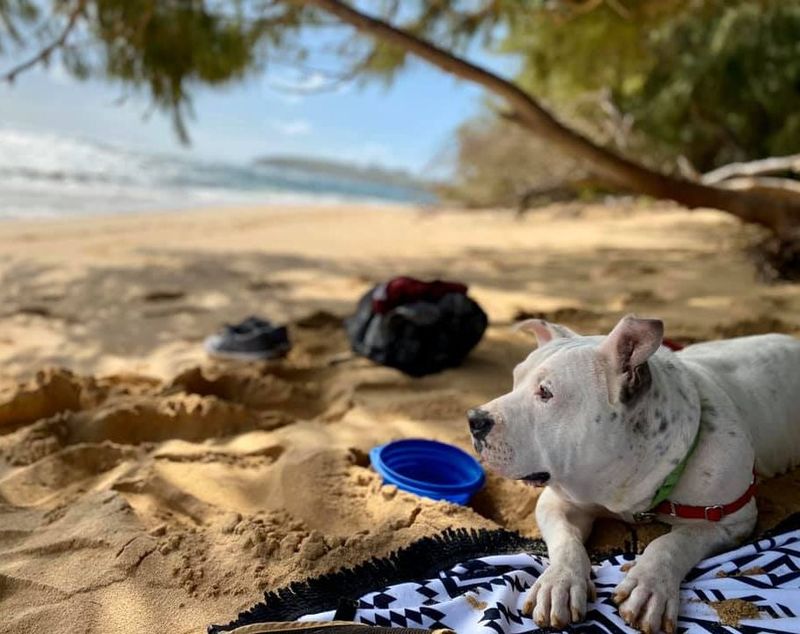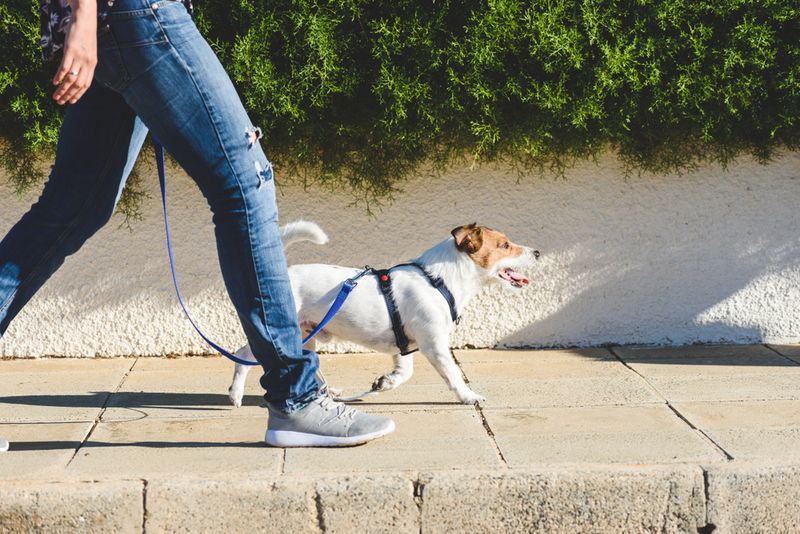Planning to move to paradise with your furry companion? Hawaii’s tropical climate and unique island ecosystem bring special challenges for dog owners.
Island life with a canine companion comes with its own set of challenges, from strict quarantine protocols to finding pet-friendly beaches—insider knowledge that mainland pet parents may not expect.
Get ready for a whole new adventure with your dog in the Aloha State!
1. Understand Hawaii’s Strict Quarantine and Import Rules

Hawaii’s rabies-free status means they take pet imports very seriously. I nearly had my pup quarantined for 120 days because I missed one vaccination deadline!
Plan at least 4 months ahead. Your dog needs a microchip, rabies vaccinations, blood tests, and proper documentation verified by accredited vets. The Direct Airport Release program lets pets skip quarantine if all requirements are strictly followed.
Fees range from $185 to $1,100 depending on which entry program you qualify for. One missed form or late test can mean months of separation from your furry friend, so triple-check everything.
2. Adhere to Leash Laws and Local Ordinances

Hawaiian leash laws apply everywhere unless specifically marked otherwise. Your mainland pup’s off-leash privileges don’t exist here, with fines starting at $100 for first offenses.
Each island has different regulations. Oahu requires dogs to be leashed at all times in public, while Maui has designated off-leash dog parks. Barking ordinances are strictly enforced due to close living quarters, especially in Honolulu.
Register your dog within 30 days of arrival. Yearly license fees are reasonable ($10 for spayed/neutered dogs), but penalties for unlicensed pets can reach $500. The tropical setting makes rule-following worth it.
3. Protect Your Dog from Heat and Humidity

Mainland dogs aren’t prepared for our tropical climate!
Never walk your dog between 10am-4pm when sidewalks can reach 140°F – hot enough to cause paw burns within minutes. Always carry water and a portable bowl during outings. Consider cooling vests for longer-haired breeds who need extra help regulating body temperature.
Watch for heat exhaustion signs: excessive panting, drooling, lethargy, or bright red gums. Hawaii’s humidity makes cooling harder for dogs since panting works less efficiently. Early morning and evening walks become your new best friend.
4. Choose Dog-Friendly Beaches and Trails

Not all Hawaiian paradises welcome four-legged visitors! Research before loading your pup into the car – many popular beaches and hiking trails prohibit dogs entirely.
Kahala Beach (Oahu), Waiohai Beach (Kauai), and Kamaole Beach Park III (Maui) offer dog-friendly sections during specific hours. The Aiea Loop Trail on Oahu provides shaded hiking ideal for dogs. Always pack waste bags and extra water; most trails lack garbage cans.
Beware of natural hazards like sharp lava rock that can slice paws, poisonous centipedes, and dangerous shore breaks. The Hawaii Humane Society website maintains updated lists of pet-friendly locations worth bookmarking.
5. Stay Informed About Local Pet Regulations

Hawaii’s unique ecosystem means special rules for our four-legged friends. Certain hunting dog activities require permits, and some residential areas have breed-specific legislation worth researching before you move.
Pet-friendly housing proves significantly harder to find than on the mainland. Expect additional pet deposits averaging $300-500, with monthly pet rent around $25-50. Many condos and HOAs restrict dog sizes to under 25 pounds.
Join local pet owner groups on social media for insider knowledge. The Hawaii Veterinary Medical Association offers resources for new residents, including vet recommendations. Being prepared for island-specific challenges makes all the difference between paradise and problems for you and your furry companion.
